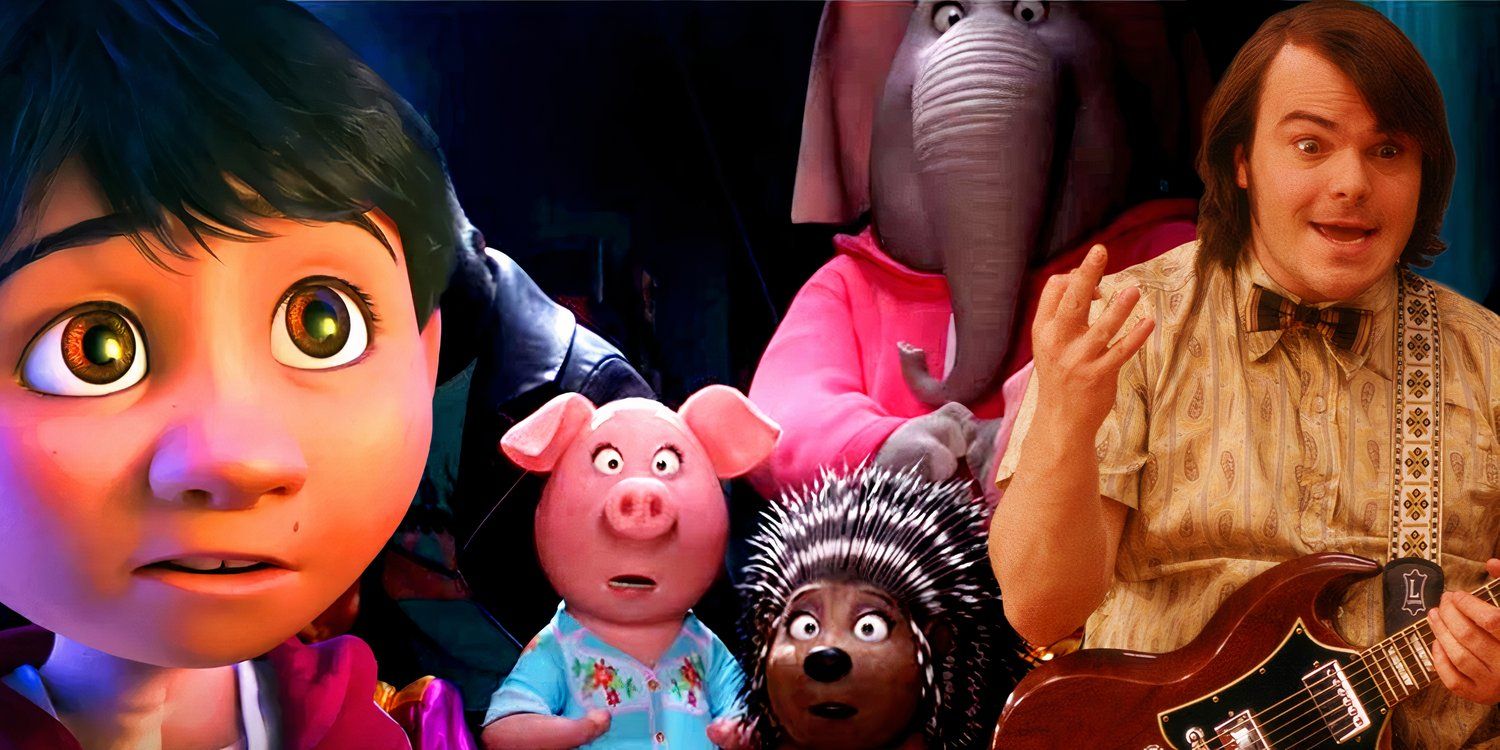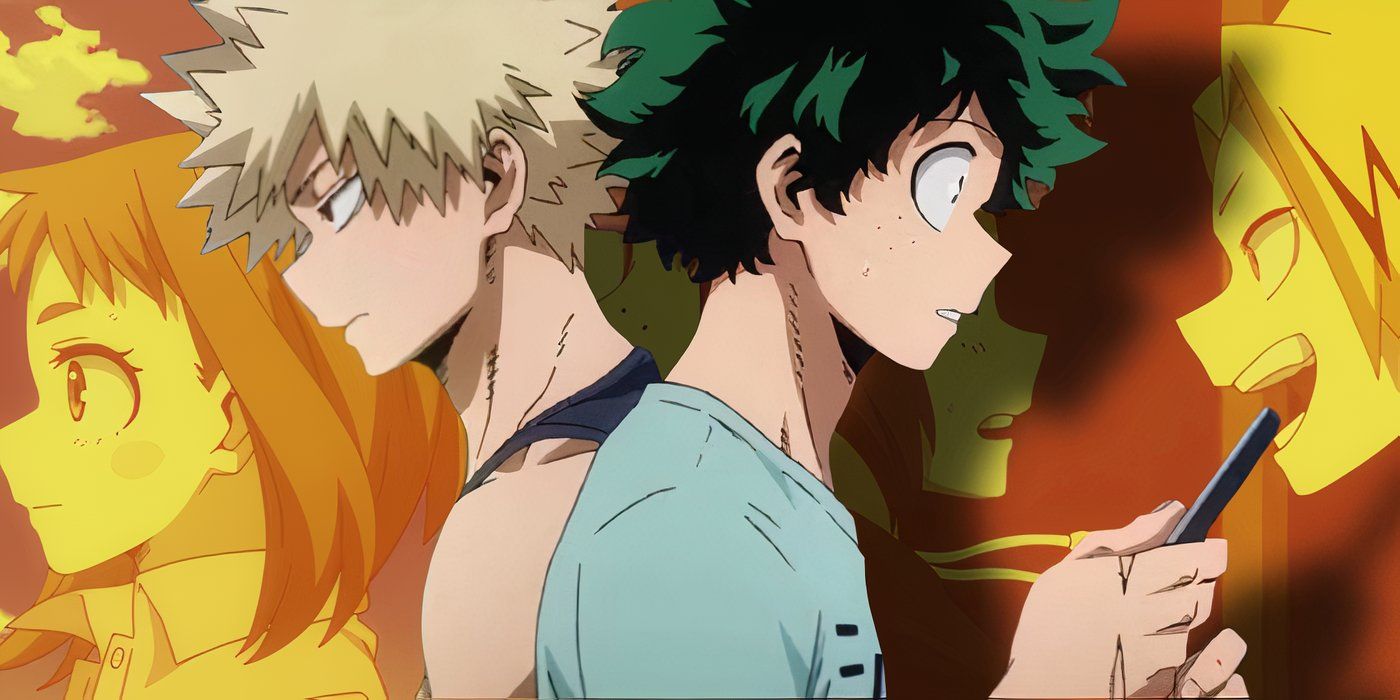Paramount
In the late 1960s, Paramount Pictures was getting a young-gun makeover with upstart producer Robert Evans taking the reins of the struggling studio. With the New Hollywood movement exploding thanks to provocations like "Bonnie and Clyde" and "Easy Rider," Evans was keen to hire exciting young filmmakers to apply their unique talents to the day's bestsellers. When he hit critical and commercial paydirt with Roman Polanski's "Rosemary's Baby," he turned his attention to another hot novel owned by the studio, one that had the potential to revitalize the gangster film.
Author Mario Puzo hadn't even finished "The Godfather" when Paramount executive Peter Bart offered him $115,000 for the manuscript. His instincts proved spot-on. Within two years of its 1969 publication, "The Godfather" had become a phenomenon, selling in the neighborhood of nine million copies. A feature film adaptation was inevitable. All Evans and Bart had to do was find the right young director to imbue the saga with a robust, youthful energy — or at the very least a thoughtfulness that transcended the book's pulpy limitations.
Some of the industry's biggest names were considered, but Evans' first choice, which he might've believed was a cinch, turned him down flat. What renegade would turn down "The Godfather?"
Sergio Leone turned down The Godfather
United Artists
Evans believed "The Godfather" needed to be as authentically Italian-American as possible both behind and in front of the camera. So, when he looked over Paramount's recent roster of filmmakers, he considered the Italian auteur Sergio Leone to be a no-brainer of a hire.
Leone was an intriguing choice who was not without risk. Though he'd achieved tremendous box-office success via his Spaghetti Westerns "A Fistful of Dollars," "For a Few Dollars More," and "The Good, the Bad and the Ugly," he'd slipped up with his first film for Paramount via the epic "Once Upon a Time in the West." The studio cut Leone's finished film down by a half-hour, and the movie still flopped. So credit Evans with seeing past the commercial failure and realizing that Leone had a) made a masterpiece, and b) would absolutely slay a film adaptation of "The Godfather."
There was just one problem: Leone wanted no part of this particular gangster saga. The Italian-born-and-bred maestro's major caveat was that Puzo's novel prettified the mafia's savagery. He knew better, and, what's more, had his own idea for an Italian-American gangster epic. Hence, if you're wondering what Leone's "The Godfather" would've looked like, throw on the full director's cut of "Once Upon a Time in America" and wonder no more — though be prepared for a shockingly ugly movie. Leone pulls no punches.
As for Evans, he would get turned down by more directors like Peter Yates, Otto Preminger (not a youngster), and Costa-Gavras before gambling on the talents of Francis Ford Coppola. Three films, 28 Academy Award nominations, and 10 Oscar wins later, it's fair to say that gamble paid off.









 English (US) ·
English (US) ·